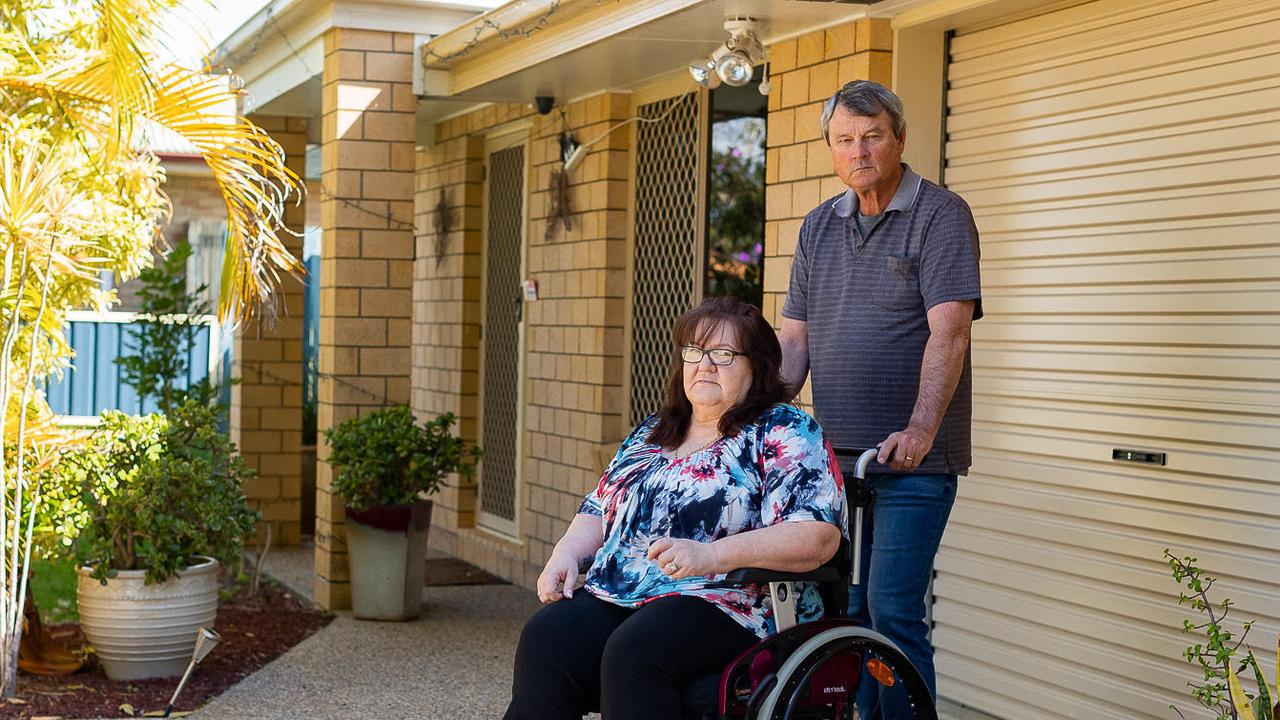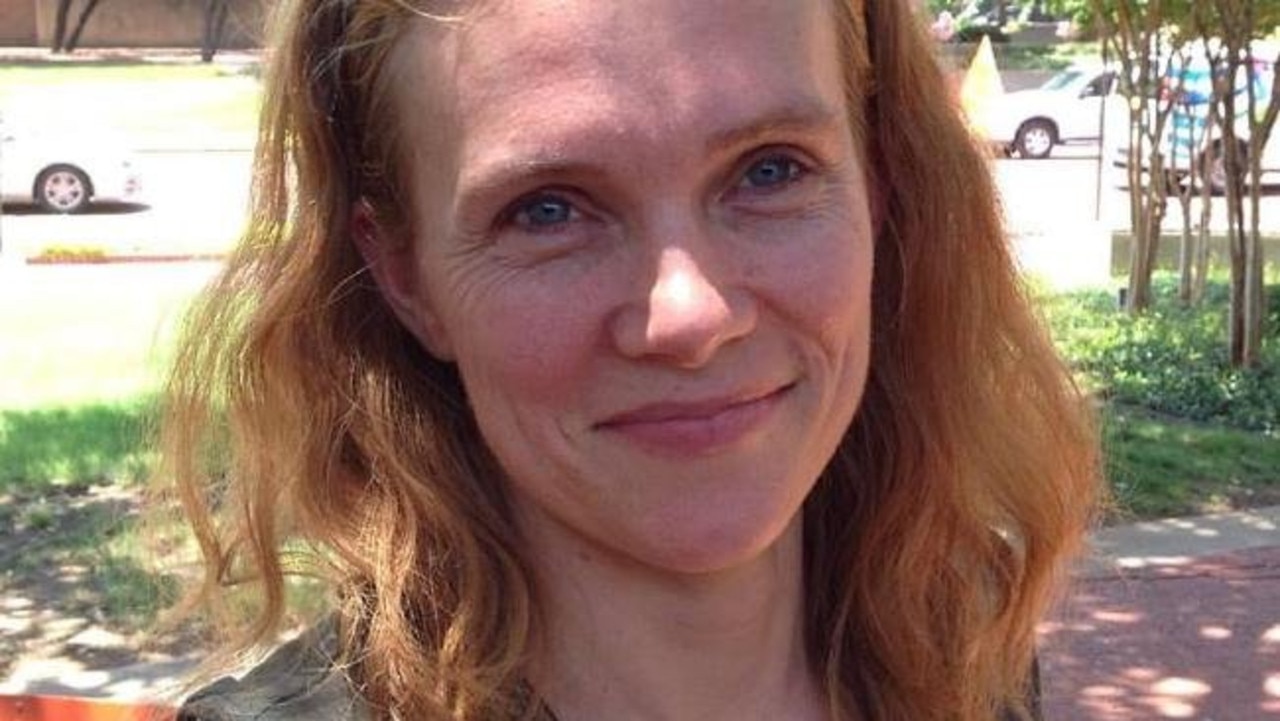Surgeon denies damages after ‘devastating’ mistake which woman says left her in wheelchair
The surgeon of a woman who now claims to be wheelchair bound admitted to penetrating the wrong part of a woman’s spine during corrective surgery.

QLD News
Don't miss out on the headlines from QLD News. Followed categories will be added to My News.
An experienced surgeon has admitted to mistakenly penetrating the wrong part of a woman’s spine but believes he isn’t responsible for the ‘devastation’ the woman says ensued.
Jennifer Arnold, 60, claims she was bound to a wheelchair and suffered several health conditions as a result of the surgery on October 22, 2018.
She and her husband Mark Jenkins, from Caboolture, are now suing her surgeon Dr Hazem Akil for more than $4 million.
Dr Akil has this month admitted Ms Arnold suffered a foot drop, leg swelling and bowel, bladder and sexual dysfunction following the surgery and subsequent corrective procedures.
But he denied any negligence on his part or breaching his duty of care, in a defence statement filed with the Supreme Court of Queensland.
He said that the mistaken penetration of the L4 vertebral body was a recognised complication of spinal fusion surgery that could occur even with reasonable care and skill.
He admitted that he attempted to fill the large void with bone graft.
Ms Arnold claimed she developed cauda equina syndrome as a result which compounded pre-existing pain and numbness.
The syndrome is a rare condition of extreme pressure and swelling of the nerves at the end of the spinal cord.
“It is devastating to find myself in a situation where I am forced to bring a case against the very medical specialist I went to for help with a severe lower back condition,” Ms Arnold told The Courier-Mail in April.
She claimed she couldn’t leave her house without a wheelchair and required care from her husband.
Dr Akil said only some of Ms Arnold’s symptoms following surgery could be attributed to cauda equine syndrome and some pain and weakness she suffered were pre-existing, chronic and longstanding symptoms which he was unable to treat during the surgery.
Ms Arnold in April went after Dr Akil for more than $3 million in damages relating to impairment of earning capacity and health care.
The spine surgeon has since described his former patient’s claim as “excessive and wholly disproportionate” to the extent of any loss or damage.
“ … irrespective of the cauda equina syndrome sustained, the First Plaintiff would never have returned to remunerated employment; would always have been unemployed and in receipt of the Disability Support Pension; has not suffered any impairment of earning capacity in respect of any occupation for which she is qualified or experienced; has not suffered any past economic loss or past loss of superannuation contributions as alleged or at all; will not suffer any future economic loss or future loss of superannuation contributions as alleged or at all,” Dr Akil said in his statement of defence.
Mr Jenkins has also claimed damages of more than $1 million plus interest for loss of consortium and for a psychiatric illness he claims he suffered as a result of Dr Akil’s negligence or breach of duty.
He claimed he experienced emotions of profound shock and helplessness after seeing his wife suffer.
Dr Akil said Mr Jenkins’ claims were also excessive and his recent diagnosis of Adjustment Disorder was mild and could be treated quickly.
He again denied a breach of duty.
A spokesman for Dr Akil’s lawyers said they wouldn’t provide comment while the matter was before the court.
Ms Arnold said that the compensation she sought was a fair representation of what she had lost and would help pay for modifications to her home.



